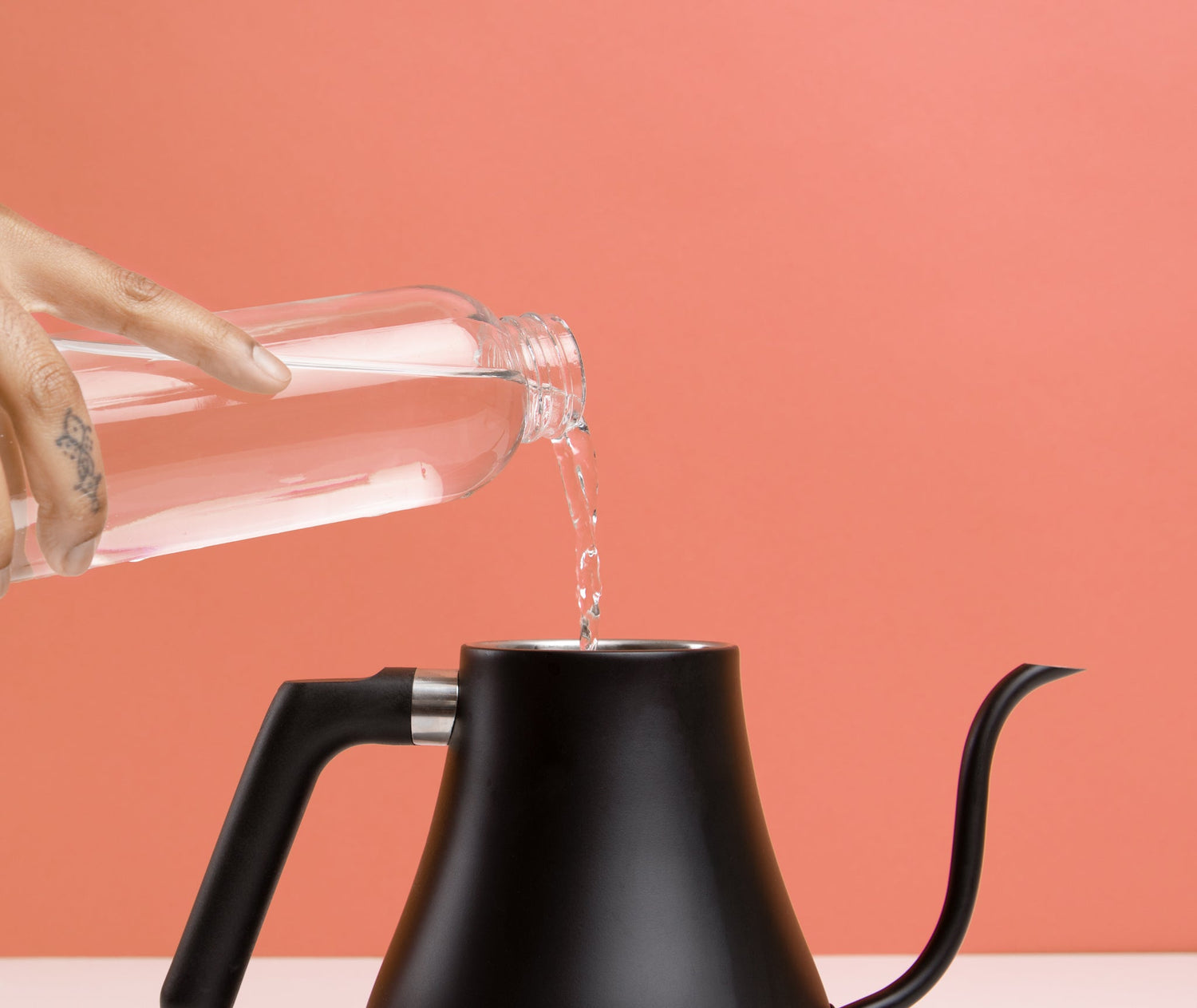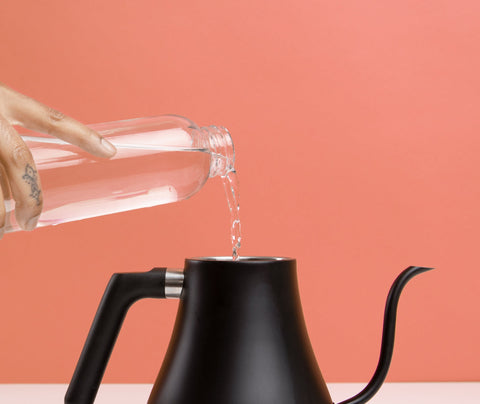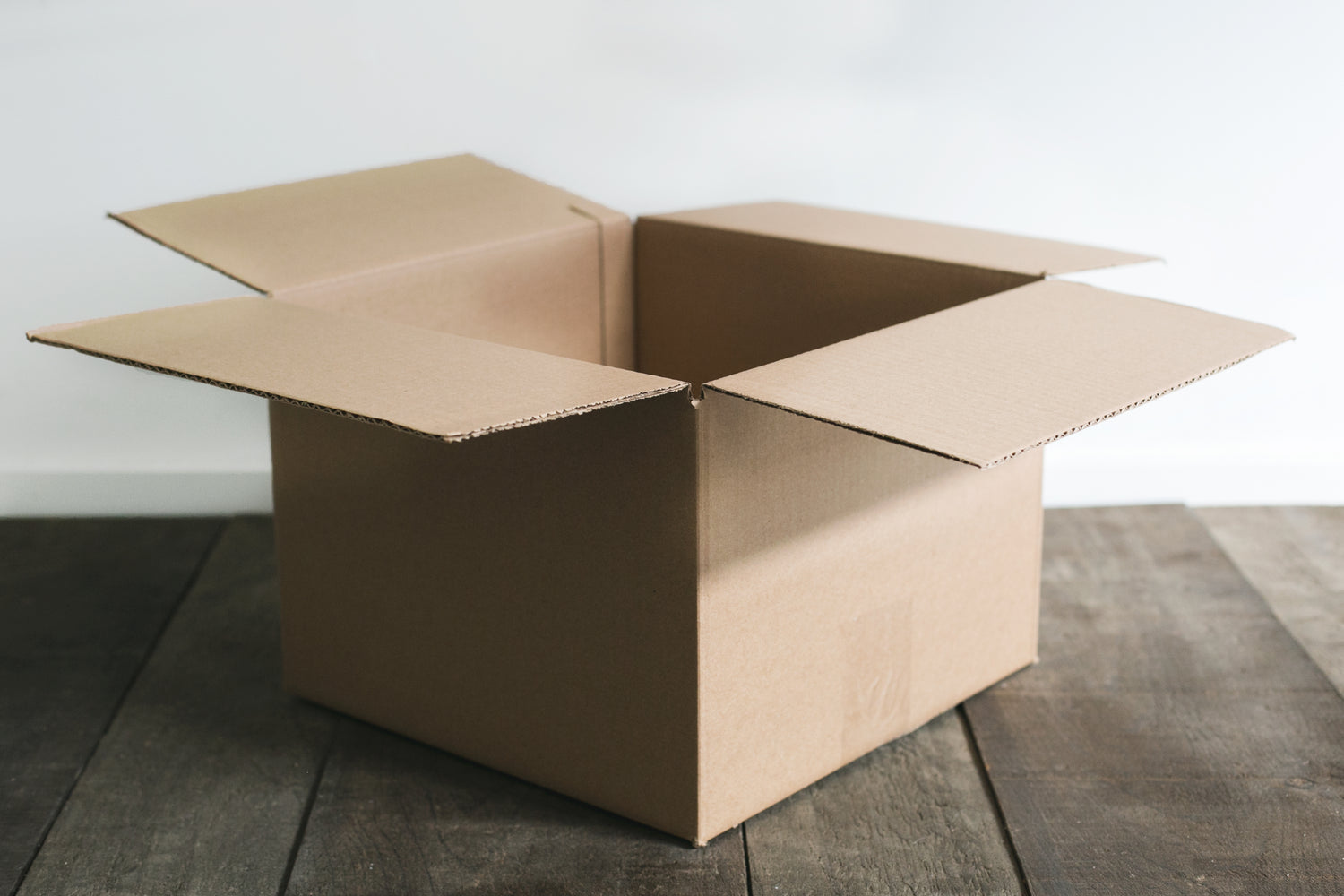What We Know About How Water Can Impact Coffee


When it comes to brewing coffee, we often focus on selecting the finest beans and perfecting our brewing technique. However, one crucial element that often gets overlooked is the quality of water used. The water you choose can significantly impact the taste, aroma, and overall enjoyment of your coffee. In the past few years, we are seeing more and more focus on exploring water modification methods and how they affect the aromas and flavours in brewed coffee. In this blog post, we will explore the current knowledge of water in coffee brewing and guide you through the process of selecting the best water for a truly exceptional cup of joe.
The Role of Water in Coffee Brewing:
Water plays a crucial role in the coffee-making process as it constitutes a significant portion of the final cup, accounting for over 98% of its composition. As a solvent, water extracts the flavour compounds from the coffee grounds during brewing. Consequently, the quality and composition of the water directly influence the taste and overall flavour profile of your coffee.
Although there is still a gap in our understanding of how water affects coffee, it is important to acknowledge that distinct differences in aroma and flavour can be attributed to specific water qualities. However, the precise mechanisms through which these properties impact coffee have yet to be extensively researched. Keeping this in mind, let's explore the current body of knowledge surrounding this subject.
Factors to Consider When Choosing Water:
Buffering Capacity refers to the ability of water to maintain a stable pH level when acids or bases are introduced. pH and buffering capacity are closely interconnected with each other. This term is essentially interchangeable with alkalinity (pH over 7) or Carbonate Hardness.
The Heritage Water Standards set by the Specialty Coffee Association suggest that the calcium hardness should ideally range between 50-175 ppm CaCO3. However, the specific requirements may vary depending on the type of coffee being used. The same water standards also mention the ideal water pH to be within 6-8.
It is worth noting that lower levels of calcium concentration, especially below the 50ppm threshold, may result in a slight reduction in flavour intensity. On the other hand, if the concentration exceeds the upper end of the range, the water's buffering capacity becomes too high, potentially neutralizing the natural acidity of the coffee and disrupting the overall balance of flavours and aromas in the cup.
Mineral Content (Total Hardness): Total Hardness refers to the presence of dissolved calcium and magnesium in water. When these minerals are found in higher concentrations, particularly, calcium and magnesium, the water is considered hard. This hardness can lead to scaling issues in coffee machines.
Optimal mineral content in water can indeed have a positive impact on the flavour of your coffee. Essential minerals such as magnesium and calcium are vital in enhancing desirable flavours. However, it's crucial to strike the right balance, as excessive mineral content or specific impurities can result in undesirable off-flavours. While formal research on this specific topic may be limited, much of the data gathered is based on experiential and subjective observations. Based on personal experiences, it has been observed that magnesium tends to contribute to a greater perceived complexity within the cup, while calcium more often correlates with a brighter flavour profile.
Types of Water for Coffee Brewing:
Tap Water: Depending on your location, tap water quality can vary. If your tap water tastes good and meets the aforementioned factors, it can be suitable for brewing coffee. However, if it contains excessive minerals or impurities, using a different option might yield better results. By using a water testing kit, you can obtain valuable insights into the mineral content of your water, including the levels of magnesium, calcium, and other relevant minerals. This information can help you better understand your water source and make informed decisions when it comes to water treatment and customization for your coffee brewing.
Filtered Water: Using a water filter attached to your tap or a pitcher filter can help remove impurities and provide a more consistent water quality. This is a popular choice for coffee enthusiasts aiming for optimal flavour.
One notable option available is the Peak Water Jug. The filter within this jug incorporates ion exchange resin balls. These resin balls serve a dual purpose: they treat the water for excessive minerals, and simultaneously optimize the minerals already present in the water. This process helps enhance and extract the desirable aromas and flavours from your coffee, resulting in a more satisfying cup. By investing in a reliable water filtration system, coffee enthusiasts can enjoy the benefits of consistent, purified water that maximizes the potential of their cherished coffee beans.
Bottled Spring Water: Bottled spring water can be a convenient option, as it typically has a balanced mineral content and a neutral pH. Look for brands that disclose their mineral composition on the label and choose one that complements your coffee preferences.
Distilled or Reverse Osmosis (RO) Water: These types of water have been stripped of most minerals. While they can produce a neutral base, they may lack the minerals necessary for extracting the full flavour potential of your coffee. If using them, consider adding a small amount
of mineral-rich water to strike the right balance. You can see a few water treatment methods below:
Third Wave Water
One key feature of Third Wave Water is its addition of magnesium, which contributes to a perceived enhanced overall flavour profile, bringing out nuanced and complex notes that may otherwise be subdued. Additionally, Third Wave Water incorporates calcium to provide a balanced body to the coffee. Calcium can add a certain richness and mouthfeel, giving the brew a more substantial texture. Third Wave Water emphasizes the importance of acidity in coffee. By ensuring low alkalinity in their water profile, they help maintain the desired acidity levels in the coffee, allowing the natural flavours to shine through.
Third Wave Water offers a convenient solution for coffee enthusiasts seeking to elevate their brewing process. Their proprietary mix of minerals simplifies the water treatment procedure, allowing users to achieve enhanced sweetness, body, and acidity in their coffee without the need for extensive knowledge or experimentation. By providing a pre-packaged blend of minerals, Third Wave Water eliminates the guesswork involved in water treatment. This approach streamlines the process for individuals looking to enhance their coffee-making experience and ensures consistent results.

The Lotus Coffee Brew Water Kit offers a convenient solution for coffee enthusiasts to unlock the full potential of their brews through water customization.
Designed by the talented Lance Hedrick, the kit provides water recipes curated by industry experts. This allows users to recreate the specific water profiles used by their favourite roasters, ensuring a consistent and familiar flavour experience. It offers an opportunity to delve into the nuances of coffee by adjusting water compositions to match personal preferences and achieve the desired flavour profile. The Water Kit comes complete with four essential ingredients (Magnesium, Sodium, Calcium, and Potassium) and a mixing bottle. By utilizing the water recipes available on their website, coffee enthusiasts can embark on a delightful exploration of the various flavours and aromas that can be extracted from a single coffee simply by altering the mineral balance of their water.
The Lotus Coffee Brew Water Kit encourages experimentation, allowing individuals to explore their own water recipes. This empowers coffee enthusiasts to fine-tune their brewing process, optimizing their cups of coffee according to their unique taste preferences.

Final Notes:
In conclusion, discovering the best water for your coffee may involve a degree of experimentation and customization. It's important to consider factors such as the origin of the coffee, the roast level, and your personal taste preferences when determining the ideal water composition. Embrace the opportunity to try different water sources and make adjustments to find the combination that best suits your palate.
Remember, coffee brewing is a journey of exploration and personal preference. Don't hesitate to explore various water options and fine-tune your brewing variables until you achieve the desired flavour profile. With each adjustment, you'll come closer to crafting a cup of coffee that truly satisfies your unique tastes and preferences.
At Eight Ounce Coffee, we highly value the creativity and innovation of coffee enthusiasts like yourself. We would be thrilled to hear about the water recipes you create and the exciting flavour experiences you discover along the way. Feel free to share your insights, experiments, and success stories with us - we’d love to hear from you on Instagram (@eightouncecoffee) or via email (hello@eightouncecoffee.ca). We believe that by sharing our knowledge and experiences, we can continue to elevate the art of coffee brewing together.
Enjoy the process of experimentation, and let your coffee brewing adventure lead you to the perfect water composition for your ideal cup of coffee.
Happy brewing and cheers to your continued exploration into the world of coffee!






